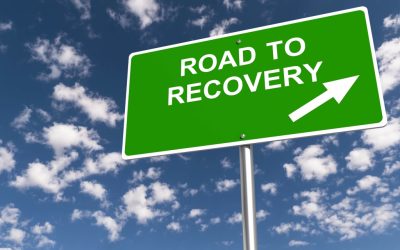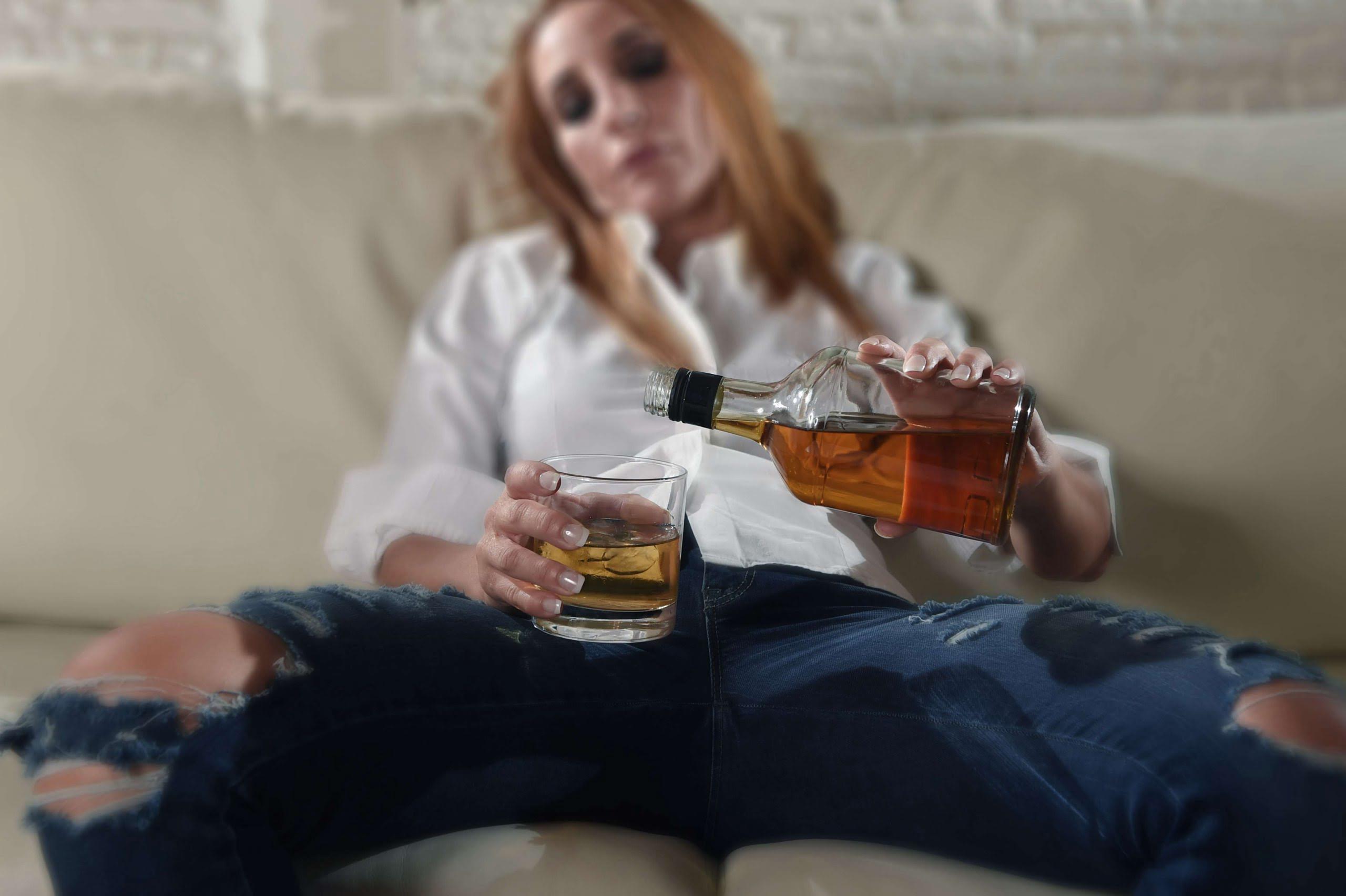Alcohol may be a form of self-medication for people with depression. The “burst” of energy from alcohol can be a welcome relief against some symptoms. For example, alcohol may temporarily reduce anxiety and lower inhibitions. If not treated, alcohol use disorder can become a life-long struggle. Almost 30 percent of Americans will experience alcohol use disorder https://cartica.ru/en/brendy-i-sorta/chto-krepche-latte-ili-kapuchino.html at some point in their lifetimes. Alcohol use disorder and depression are two conditions that often occur together.

Can Alcohol Cause Depression (& Vice Versa)?
Whether you’re experiencing depression or not, it’s essential to evaluate your drinking habits and consider why you drink, when you drink, and how you feel when you drink. Individuals diagnosed with clinical depression should be extremely cautious when it comes to using substances such as alcohol. According to Kennedy, for those taking antidepressants, combining them with alcohol can reduce their efficacy. Depending on your intoxication level, you may experience decreased inhibition, loss of judgment, confusion, and mood swings, among others. If you have depression and drink too much alcohol, then you may be wondering if there are any treatments or lifestyle changes for someone in your situation. For example, having a family member with an alcohol use disorder is a risk factor for both depression and alcohol use disorder.
Top doctors in ,
Research shows that depressants affect one’s central nervous system by reducing feelings of stimulation or arousal in users while also slowing down or interfering with messages between their brain and body. While quitting alcohol is crucial for people with alcohol use disorder and depression, avoiding alcohol will not cure depression. People may wish to seek quality psychological care from a doctor, therapist, or both.
How to stop drinking so much
A 2019 study found highly shy people experienced reduced anxiety while drinking, but their anxiety increased the day after a night of drinking. The more a person drinks, the greater their likelihood of https://www.flirtybor.com/ph-actors-and-actresses-arrested-for-drug-and-alcohol-abuse.html developing depression. In fact, alcohol dependency and depression share many of the same risk factors and symptoms — which makes sense, since alcohol is a depressant.

Long-Term Alcohol Risks
“In our society alcohol is readily available and socially acceptable,” says Jill Bolte Taylor, PhD, author of Whole Brain Living, explains. “Depression and alcohol misuse are often tied because we take a depressant to counter a chemical depression which only makes it worse.” Excessive alcohol drinking can also cause problems socially, such as issues with family, school, employment, and friends. This could have a carryover effect on depression since loneliness and lack of social support are linked to depression. Another way that depression could lead someone to drink alcohol is through changes in their brain as a result of depression.
- But the jury’s still out, and research is still pretty unclear on how it works.
- In larger quantities, alcohol switches from a stimulant to a depressant.
- It is vital to discuss the risks and possible interactions of every medication with a doctor.
- For example, a person with frequent episodes of severe depression may turn to drinking to self-medicate.
Side Effects of Alcohol and Other Depressants

For many people, alcohol consumption is a means of relaxation; however, the effects of alcohol and hangovers can actually induce anxiety and increase stress. Alcohol is classified as a central nervous system depressant, meaning that it slows down brain functioning and neural activity. Alcohol does this by enhancing the effects of the neurotransmitter GABA. The sense of relaxation you feel when you drink can often be attributed to your blood alcohol content (BAC). A rise in BAC levels leads to temporary feelings of excitement, but feelings of depression occur as BAC levels fall. As a result, it’s possible that having a few drinks that make your BAC rise and then fall back to normal again can make you more anxious than you were before.
Health risks of alcohol use
- “Depression and alcohol misuse are often tied because we take a depressant to counter a chemical depression which only makes it worse.”
- Individuals with alcohol use disorder often develop a physical dependency on alcohol.
- If you or someone you know is struggling with an addiction to alcohol or another depressant, know that you are not alone — and that there are treatment options available.
- This co-occurring disorder isn’t uncommon, but it can be difficult to treat.
People receiving treatment for alcohol use disorder may also find it beneficial to meet at support groups like Alcoholics Anonymous (AA). If you have an alcohol use disorder and a mental health problem, it is essential to seek help for both conditions. Not getting enough REM sleep can negatively impact https://rangefinder.ru/glr/showphoto.php/photo/97822 emotions, thoughts and concentration, and even physical health. It can also cause you to feel tired or fatigued the next day — which may make other alcohol-abuse-related issues like depression and anxiety even worse. Moreover, drinking alcohol to cope with anxiety and depression might actually worsen these issues over time, says Brandon.
Depression After Drinking
It typically includes several different types of behavioral therapies. It may also include medication for detox, otherwise known as alcohol withdrawal. People who have ingested large quantities of alcohol often have slower reaction times. Higher amounts of alcohol can also reduce dopamine production, which can make you feel sad. A therapist or other treatment professional can offer support with identifying and exploring triggers and reasons for drinking and help you find a treatment approach that works for you.